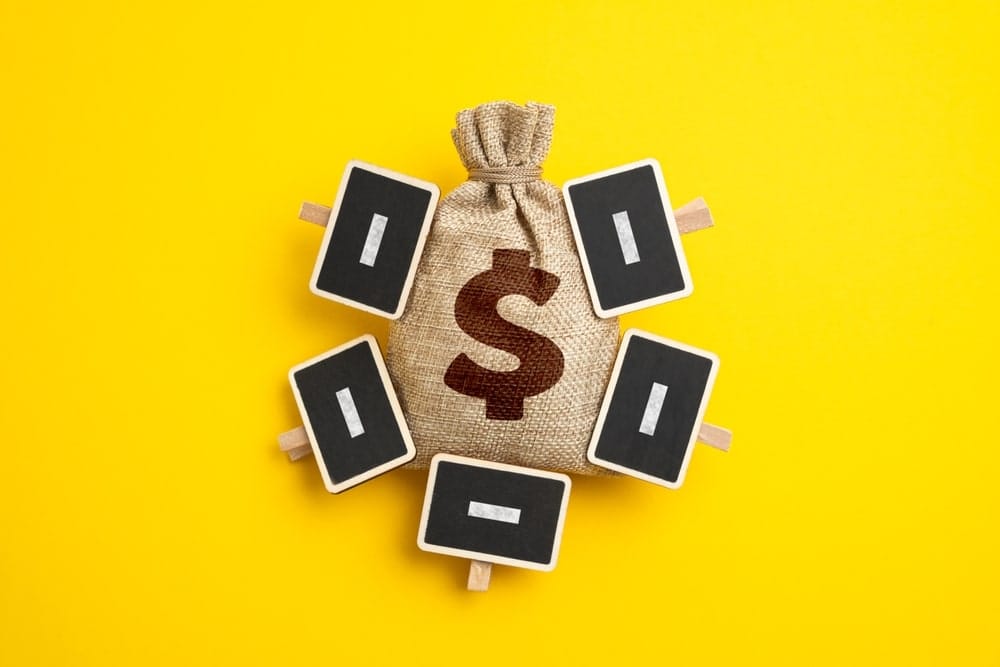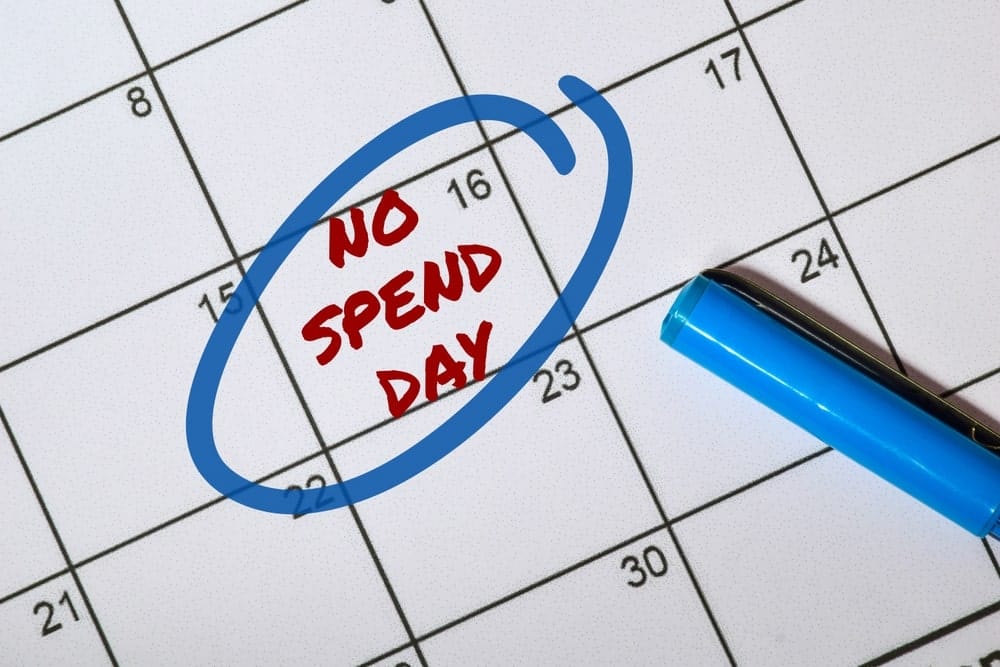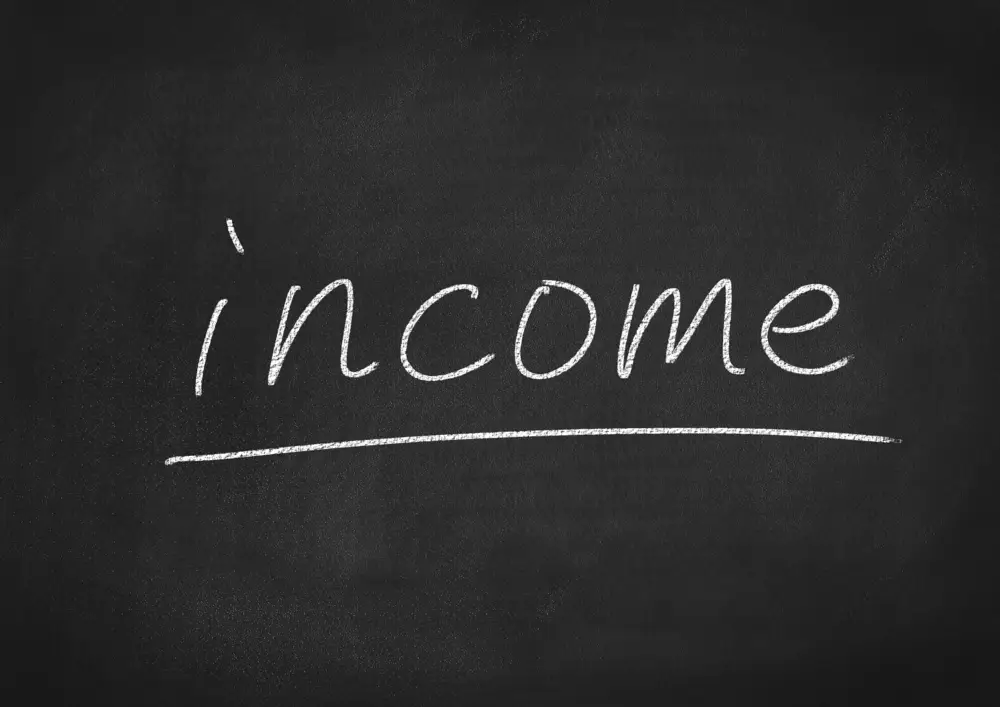Budgeting 101: Master the Basics of Financial Planning
Building a budget is one of the most powerful achievements you can take to build security. Budgeting 101 offers a clear road forward whether your goals are debt pay-off, savings for a large purchase, or just knowledge of where your money goes. We will dissect budgeting principles in this extensive book and provide doable success advice.
Understanding the Basics of Budgeting 101
What Is Budgeting and Why Is It Important?
Making a strategy to control your income and expenses properly is known as budgeting. It serves as a financial road map, guiding your use of resources toward goal attainment. Lack of a budget makes it easy to overspend and neglect your financial situation.
Budgeting is crucial since it gives your financial situation direction and control. It guarantees that your money is going toward objectives, including savings, investments, and basic expenditures, rather than unneeded purchases.
The Key Benefits of Having a Budget
A budget empowers you to:
- Avoid Debt: Tracking costs helps avoid overspending and reduces reliance on credit cards.
- Save Consistently: Set up funds for retirement, future projects, or crises.
- Achieve Goals Faster: A well-defined strategy speeds one toward financial benchmarks.
- Reduce Stress: Knowing your financial situation gives you peace of mind.
Common Misconceptions About Budgeting
Though many people think budgeting is constrictive, this is rather the reverse. It allows you to spend money on items you value, free from needless expenses. Others believe budgeting is reserved for those with high salaries only. Actually, irrespective of economic level, everyone may gain from a budget.

Setting Financial Goals Before You Start Budgeting
Short-Term vs. Long-Term Financial Goals
Good budgeting begins with well-defined goals. While long-term objectives usually center on retirement, property ownership, or loan pay-off, short-term goals include saving for a vacation or cutting monthly spending. Clearly state these objectives to offer your budget direction.
SMART Goals for Effective Budgeting
Specific, Measurable, Achievable, Relevant, and Time-bound SMART goals enable you to develop reasonable financial goals. For instance, saying, “I want to save money,” instead of “I will save $500 in three months by cutting dining-out expenses,” sets a SMART objective.
Prioritizing Goals to Align with Your Income
Not all aims can be addressed at once. Sort your priorities in priority and urgency. Before tackling discretionary expenditures, give high-priority issues like emergency savings top attention.
Creating Your First Budget
Assessing Your Income and Expenses
Start by figuring out your overall monthly income from your paycheck, including side projects, freelance employment, and a paycheck. List all fixed (rent, utilities) and variable (grocers, entertainment) expenses. This stage shows your financial status exactly.
Categorizing Fixed, Variable, and Discretionary Expenses
Divide your expenses into three categories:
- Fixed: Rent and insurance are basics that don’t vary month to month.
- Variable: Things like groceries or petrol that change.
- Discretionary: Non-essential purchases, including subscriptions or dining out.
Choosing the Right Budgeting Method
Several budgeting techniques might direct your financial planning:
- 50/30/20 Rule: Set aside 20% for savings; allocate 50% to needs and 30% to wants.
- Zero-Based Budgeting: Give every dollar a use; leave no money unrecorded.
- Envelope System: For certain categories, use cash to avoid overspending. Choose the approach that most fits your goals and way of life.

Tools and Resources for Budgeting
Popular Budgeting Apps and Software
Apps for budgeting streamline financial tracking. Typical choices consist of the following:
- Mint: logs expenses, develops budgets and provides bill reminders.
- YNAB (You Need a Budget): promotes proactive goal-setting and budgeting.
- Every Dollar: pays particular attention to zero-based budgets.
Using Spreadsheets for Manual Budgeting
Spreadsheets give flexibility if you like a hands-on method. Customizing categories and algorithms to fit your needs is made possible by programs such as Microsoft Excel or Google Sheets.
Free Resources for Financial Planning
Many non-profits and financial institutions provide free resources, seminars, and templates to assist with budget building. Use these materials to expand your expertise.
Tips for Sticking to Your Budget
Tracking Your Spending Regularly
Effective budgeting relies on consistency. Review your spending, weekly or monthly, to ensure you are under limitations. Record purchases instantly using apps or notebooks.
Adjusting Your Budget as Necessary
Changes in life—like a new job or unanticipated costs—may call for adaptation. Review your budget often and change groups as necessary.
Avoiding Common Budgeting Pitfalls
Take note of these errors:
- Ignoring Small Purchases: These add up rapidly.
- Setting Unrealistic Goals: Sometimes, too rigid budgets irritate.
- Neglecting Emergency Funds: Set aside always for unanticipated costs.

Saving Money Through Budgeting 101
Identifying Areas to Cut Back on Spending
Go over your discretionary expenditures to find places to save. Think:
- Eating less outside.
- Cancelling subscriptions that aren’t used.
- Choosing generic names above brand names.
Building an Emergency Fund with Small Savings
Start modest—even with only $10 a week. These deposits will develop over time into a financial safety net for unanticipated circumstances.
Setting Up Automatic Savings for Consistency
Transfer automatically to a savings account to guarantee regular donations. This lessens the want to spend extra money.
Budgeting for Different Lifestyles
Budgeting Tips for Students and Young Professionals
Many times, students and young professionals have minimal income. Pay close attention to:
- Closely monitoring spending.
- Using student discounts.
- Developing credit responsibly from small, reasonable debt.
Financial Planning for Families
Families should prioritize mutual financial goals, sa such as a house or a child’s education. To guarantee openness, use shared budgeting apps, among other tools.
Strategies for Budgeting in Retirement
Retirees should prioritize keeping a consistent income via savings and investments. Make a budget, prioritizing leisure, healthcare, and basic living costs.
Overcoming Challenges in Budgeting
Managing Irregular Income
Budgeting can be challenging for independent contractors or those paid commissions. Create a basic budget using your lowest monthly income; save extra money for lean months.
Handling Unexpected Expenses
Budgeting can be challenging for independent contractors or those paid commissions. Create a basic budget using your lowest monthly income and save extra money for lean months.
Staying Motivated When Sticking to a Budget Is Hard
Honour little successes like reaching a monthly savings target. Review your goals often to keep motivated and targeted.

Inspiring Success Stories: How Budgeting Changed Lives
Real-Life Examples of Budgeting Success
Many people have changed their lives using budgeting. Using a zero-based budget, one couple, for example, paid off $50,000 in debt in two years.
Lessons Learned from Successful Budgeters
Good budgeters stress the need for discipline, consistency, and developing fair goals. Use their experience to enhance your approach.
Simple Habits That Lead to Financial Freedom
Little behaviors like automating savings or meal planning can have a large effect. Add them to your regimen to create long-term financial stability.
Conclusion: Your Path to Financial Wellness
Tracking income and expenses, creating well-defined goals, and selecting appropriate tools constitute the components of budgeting. It’s a great approach to getting financial management under control. Though beginning a budget can feel overwhelming, every little action counts, track your spending first to create one reasonable target.
The foundation of financial well-being is a budget kept in good shape. Staying dedicated and developing healthy habits can help you reach financial security and mental serenity.
FAQs:
- What is the easiest way to start budgeting? Track all of your income and spending first to find trends.
- Which budgeting method is best for beginners? The 50/30/20 approach is straightforward and successful for people just starting their budgeting.
- How can I stick to my budget? Track your expenses often, create reasonable goals, and change your budget as necessary.
- What tools can I use for budgeting? Spreadsheets, Mint, YNAB, and other budgeting tools can help readily control money.
- Why is it important to have a budget? A budget guides your expenditure, future savings, and goal attainment in terms of money.



